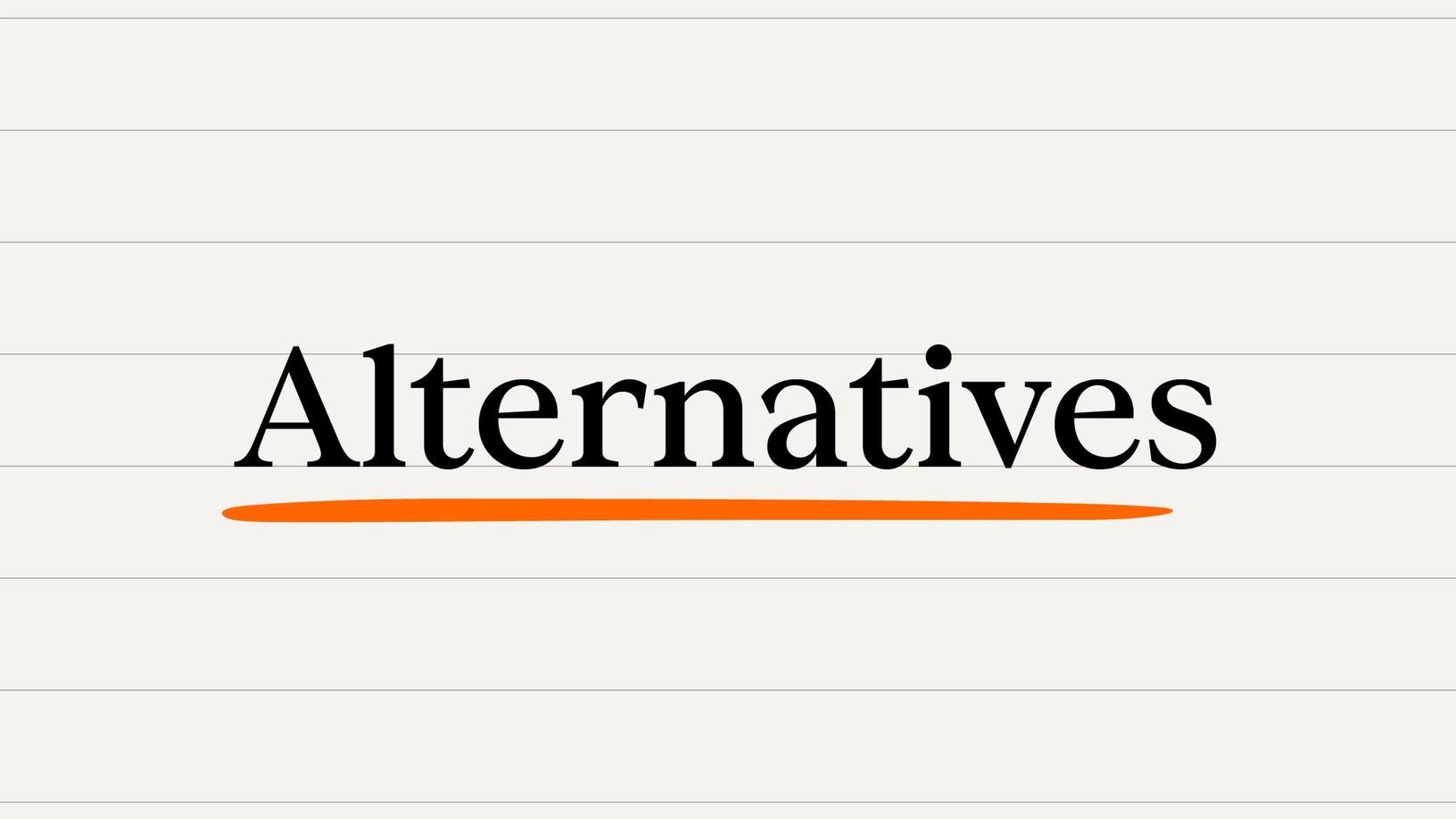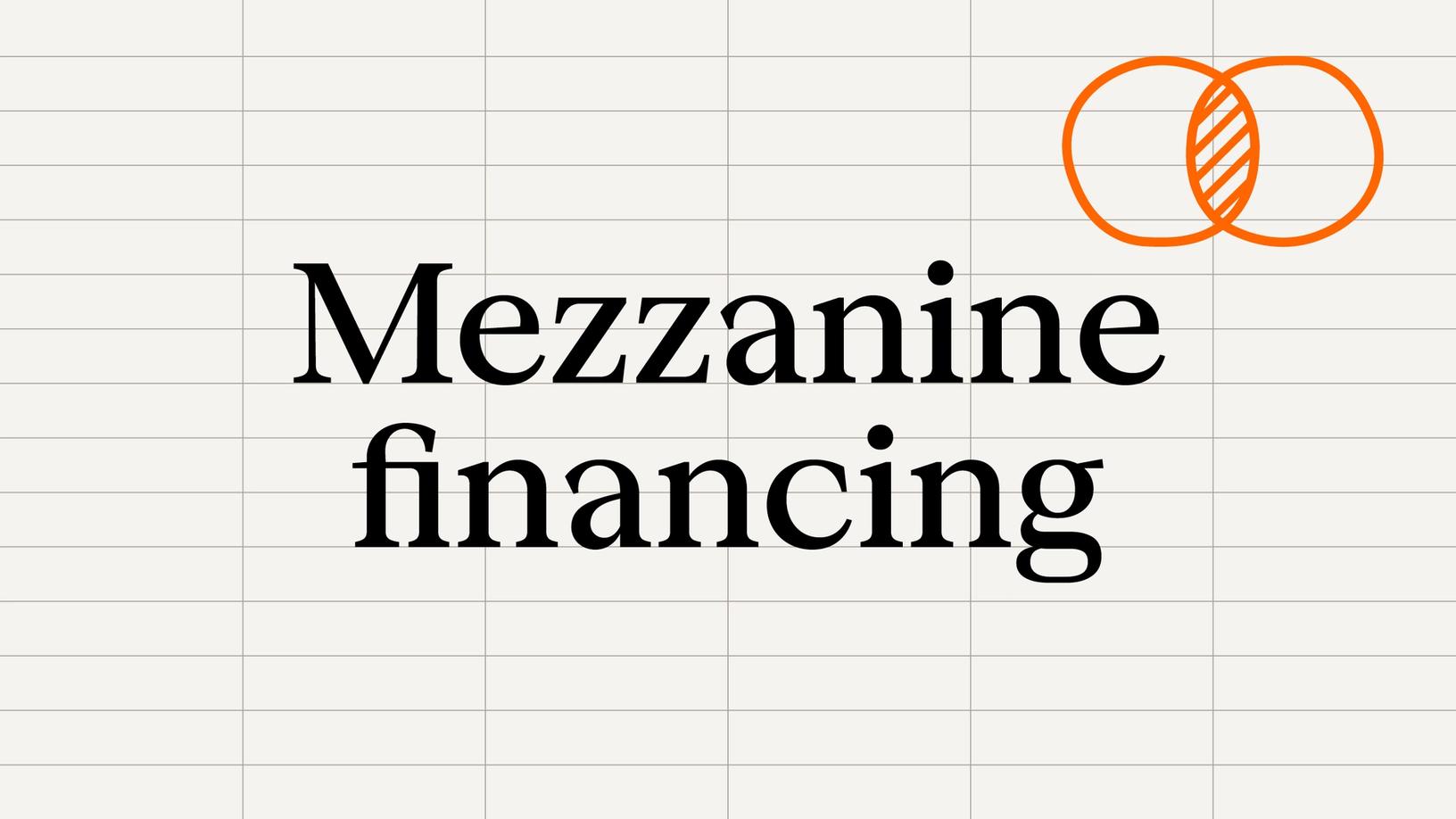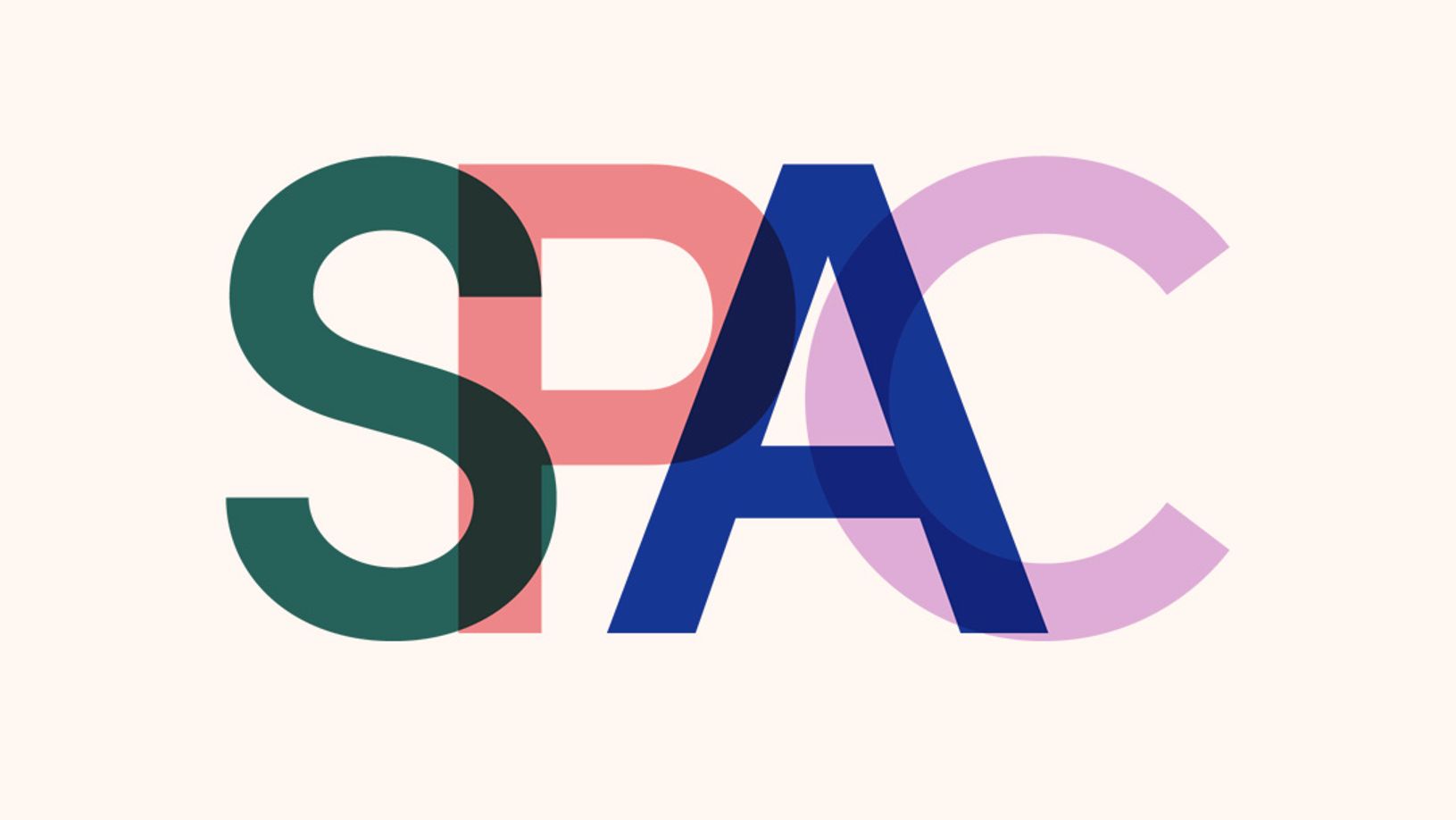Essential Private Equity Terminology Explained


An easy-to-use glossary of the private equity terms you’ve heard before but never truly understood – until now.
In the finance industry, connections are crucial, but you also need to speak the language. Here’s a guide to demystify the terminology used by PE insiders and decipher the dizzying array of acronyms, from LBO to MOIC.

Alternatives: Alternative asset classes refer to investment options outside traditional categories like stocks, bonds, and cash. These include private equity and venture capital, but also assets like cryptocurrencies, derivatives, hedge funds, and real estate.
Capital Gains: Capital gains are the profits earned from the sale of an asset, typically distributed through a “waterfall” structure, which determines how profits are shared between limited partners and general partners (see below). Many factors, such as jurisdiction and investment duration, can impact how capital gains are taxed.
Carried Interest: Carried interest is one of two key components of compensation for private capital firms (along with management fees). It’s a share of a fund’s profits, typically 20 percent, which goes to a private markets firm, but only after investors have received a minimum expected return, known as the hurdle rate.
Co-Investment: Co-investments allow limited partners to invest directly in companies or deals alongside private equity funds. They are often seen as a way for LPs to have greater control over their investment strategies and diversify their holdings.
Diversification: A risk management strategy that involves constructing an investment portfolio with a mix of uncorrelated assets (such as stocks, bonds, and real estate) to reduce exposure to any single investment or risk. The aim is to limit maximum drawdowns and volatility, thereby improving risk-adjusted returns.
Due Diligence: The deep dive companies undertake to evaluate the prospects of a company and decide whether or not to invest. The process includes investigating the legal, operational, strategic, and financial aspects of a potential deal.
EBITDA: An acronym for Earnings Before Interest, Taxes, Depreciation, and Amortization. A common financial metric, EBITDA shows how well a company is managing to make money from its everyday operations.
Evergreen: Evergreen products are expanding access to private markets, allowing investors to move money in and out with more flexibility than traditional drawdown funds, in which investors commit to meeting requests for cash, known as capital calls. Depending on the product, they can offer greater diversification and lower investment thresholds, allowing advisors to introduce them to a broader range of clients.

Exit: The point at which a private equity firm relinquishes its strategic position to maximize returns. Most commonly, this is through an initial public offering (IPO), private sale, secondary sale to another private equity firm, or management buyout.
Fund: A private equity fund pools capital from investors to acquire, improve, and eventually sell businesses with the aim of creating long-term value. PE funds tend to focus on sectors where they can drive change, such as technology, healthcare, and consumer goods, with a lifecycle that typically lasts around 10 years.
Fund of Funds: A fund that invests in multiple private equity funds, providing investors with exposure to a diversified portfolio of private equity investments.
General Partner: A general partner typically refers to the firm that manages a private equity fund. Ultimately, its goal is to create value by improving the operational and financial performance of portfolio companies.
Growth Capital: A strategy that delivers both funding and strategic advice to support companies seeking to accelerate expansion, enter new markets, and scale operations, typically targeting established businesses with strong growth potential.
Hold Period: This is how long a private equity firm holds an investment before exiting, and is usually a long-term timeframe. For example, a growth-stage investment might have a hold period of between three and seven years.
IRR: Also known as the discount rate, the Internal Rate of Return measures how profitable a potential investment might be as well as any actual, realized investments.
J-Curve: A J-curve is a term used in economics and investing to describe a trendline on a chart, which shows a temporary decline in value before a surge to above its original level. It is often used to refer to the potential trajectory of a PE investment as operational improvements to drive growth and profitability begin to bear fruit.

LBO: A leveraged buyout occurs when a private equity firm borrows money – usually through loans or bonds – to finance an acquisition. After buyers gain control of a company, they often carry out a restructuring to boost profitability and pay off the debt over time, so the business can later be sold - hopefully for a profit.
Limited Partner: LPs are the institutions, ultra-high-net-worth individuals and other investors who provide most of the capital in a fund in exchange for a share of any profit. Their ‘limited liability’ means they can only lose up to the amount they’ve invested.

Mezzanine Financing: A hybrid of debt and equity financing, often used in substantial mergers, acquisitions, and leveraged buyouts.
MOIC: Multiple on Invested Capital is a ratio used to measure an investment’s performance relative to its cost. MOIC is calculated based on the total value of all shares in the fund, both realized and unrealized, divided by the initial investment.
Pension Fund: Pension funds are large, institutional investors that invest on behalf of people who are saving for retirement. By pooling investors’ money, they gain access to opportunities that individual investors may not be able to get alone, such as PE.
Portfolio Company: A company in which a private equity firm has made an investment. It can be either public or private.
Private Credit: A type of lending by non-bank financial institutions. Also known as private debt, direct lending, or private lending, these loans offer companies flexible financing and provide investors with portfolio diversification.
Private Markets: Investment opportunities not listed on public exchanges, including private equity, private credit, and real assets. These investments typically have longer investment horizons and give investors access to a larger set of opportunities.
Secondaries: A secondary is a deal where a private equity investor purchases an investment from another private equity investor. The ability to trade investments between firms creates liquidity in an otherwise highly illiquid market.
Semi-Liquid Assets: These investments strike a balance, offering investors flexibility to access capital during the investment period along with the potentially high returns of private equity. Still, these assets are less liquid than publicly traded investments, and redemption requests may not always be fulfilled. (See Evergreen above)

SPAC: A Special Purpose Acquisition Company is a public firm created specifically to merge with or buy other businesses. These firms raise money through IPOs, with the funds used only when shareholders have approved a proposed acquisition target.
VC: While both private equity and venture capital invest in companies in exchange for equity, they have different strategies, risk appetites, and investment targets. VC focuses on early-stage companies and startups that have yet to achieve profitability.
Vintage: Vintage generally refers to the year in which a fund begins making investments. Vintages are useful in benchmarking performance, allowing investors to evaluate how well funds perform under the same macroeconomic or market conditions.
ThinQ by EQT: A publication where private markets meet open minds. Join the conversation – [email protected]




